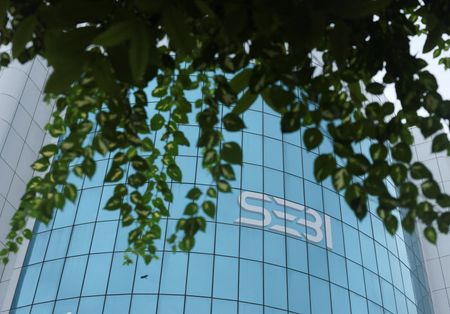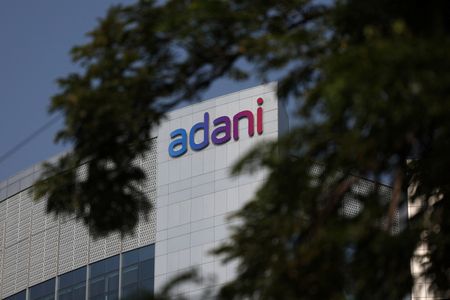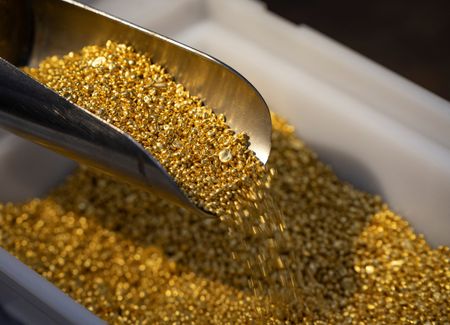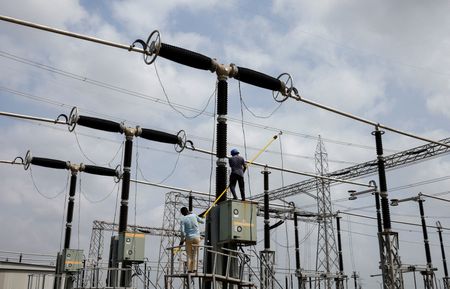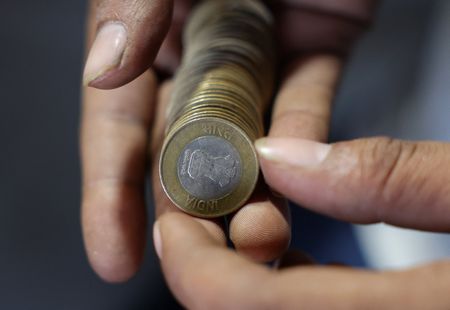By Rishika Sadam and Krishna N. Das
HYDERABAD/NEW DELHI (Reuters) -Indian police have opened a manslaughter probe into the deaths of at least 14 children linked to a toxic cough syrup, dealing another blow to the reputation of the country’s pharmaceutical industry after a string of similar tragedies in recent years.
Most of the children were under the age of five and died of kidney failure in the past month after consuming cough medicine branded Coldrif Syrup. The syrup contained the toxin diethylene glycol in quantities nearly 500 times the permissible limit, according to a police complaint seen by Reuters.
Diethylene glycol or ethylene glycol toxins were found in Indian-made cough syrups that have killed at least 141 children in Gambia, Uzbekistan and Cameroon since 2022, and another 12 children in India in 2019, damaging the image of the world’s third-biggest drug-manufacturing country by volume.
“All the children had early symptoms of common cold, flu or fever, and most were under the age of five years,” said the police complaint filed on Sunday in the central state of Madhya Pradesh. “Most of them were given Coldrif syrup, following which they suffered from urine retention and acute kidney disorder.”
TOXIN COMMONLY USED IN ANTI-FREEZE
The report said at least 16 children had kidney problems after taking the syrup, indicating the death toll could rise. It is already one of the worst such recorded cough syrup poisoning in India.
Diethylene glycol, used in products from anti-freeze to cosmetics and lubricants, causes symptoms that the World Health Organization says may range from vomiting and abdominal pain to acute kidney injury, which can cause death.
Police have named Coldrif manufacturer Sresan Pharma as one of the main accused and arrested a doctor who prescribed the medicine to most of the children.
Sresan Pharma did not respond to a request for comment.
Federal authorities said on Sunday they had recommended cancelling the manufacturing licence of Sresan, and several states have banned the syrup, which had been only sold in India, according to a government summary of the medicine’s sales seen by Reuters on Monday.
Authorities in the southern state of Tamil Nadu, where Sresan is based, found the syrup contained 48.6% diethylene glycol, while tests in Madhya Pradesh showed 46.28%. The permissible limit set by Indian authorities and the WHO is 0.1%.
The company faces charges of culpable homicide not amounting to murder, adulteration of drugs, and manufacturing, selling, or distributing cosmetics in violation of the Drugs and Cosmetics Act, according to the complaint. If convicted, the company and its officials could face fines and jail terms of up to life.
Reuters could not contact the arrested doctor who police said prescribed the syrup, named as Praveen Soni. He told local news channel NewsX on Sunday that it was “difficult to link the deaths to Coldrif because it had been prescribed for a decade”.
‘MORE HARM THAN GOOD’
India’s pharmaceutical industry, exceeded in size only by the U.S. and China, is valued at $50 billion. More than half of its value comes from exports, according to government data, with costs of manufacturing in India up to 35% less than the U.S. and Europe.
India supplies 40% of generic medicines used in the United States, 25% of all those used in Britain, and more than 90% of all medicines in many African nations, according to health authorities.
Since 2023 and following the overseas deaths, India made it mandatory for syrups to be tested at government-approved labs before export, though the same rule does not apply to locally sold products.
Cough and cold syrups are mostly made with solvent propylene glycol, which is generally sold in two grades: pharmaceutical and industrial. The industrial grade is widely used in liquid detergents, antifreeze, paints or coatings and is always cheaper than the pharmaceutical version.
This is partly because it is not intended for human consumption and may contain more toxins. Reuters has reported how, in the past, industrial propylene glycol may have been used to make cough syrups.
“Cough medications have minimal proven benefit in children but carry significant risks,” India’s health ministry said in a statement.
(Reporting by Rishika Sadam and Krishna N. Das; Writing by Sakshi Dayal and Krishna N. Das; Editing by Clarence Fernandez and Ros Russell)


